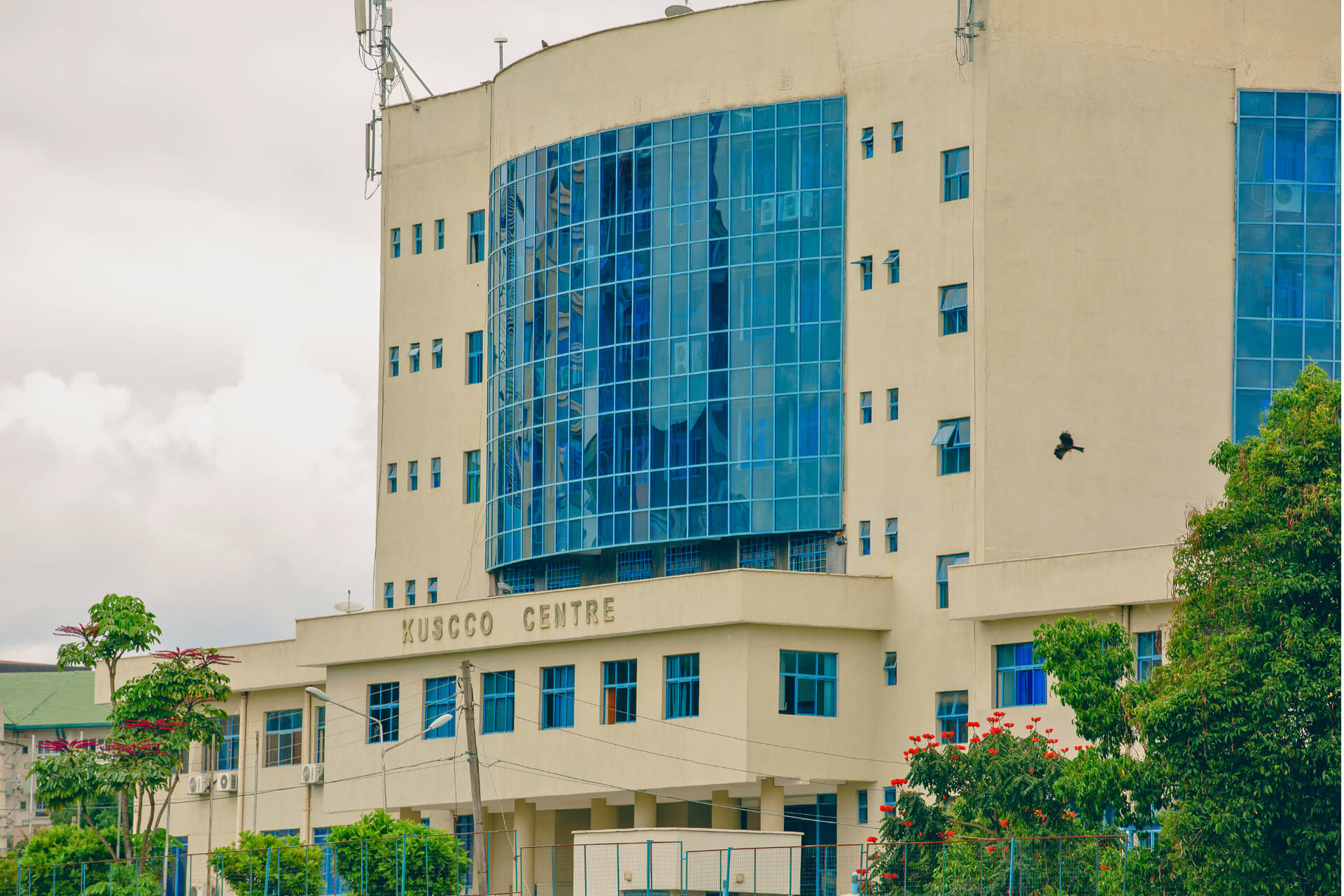By Mdadisi Mmoja
A quiet but explosive scandal is brewing around the Kenya Petroleum Refineries Limited (KPRL) in Mombasa, as evidence mounts of a thinly disguised plot by powerful political operatives within the Kenya Kwanza administration, the current ruling coalition, to seize vast swathes of public land under the guise of economic reform.
At the heart of the controversy is a fast-tracked government scheme to dissolve KPRL and absorb it into the Kenya Pipeline Company (KPC), which has quietly become its parent company. While officials claim the move will streamline petroleum logistics, the real prize appears to be KPRL’s 370 acres of prime coastal land, valued in billions and strategically located near the port of Mombasa. Several anonymous sources within the National Land Commission disclose that prominent figures, known for leveraging political influence to acquire public land, are aggressively pushing for expedited concessions and documentation processes. Staff have been warned that their job security depends on compliance, a chilling indication of the political stakes involved.
The Cabinet approved the transfer in July 2023, and the Treasury executed a Share Transfer Agreement by October. By March 2025, formal steps to dissolve KPRL were completed, sealing its fate. The government’s justification, that KPRL is dormant and financially unsustainable, is undermined by KPC’s prior investment of nearly Sh200 million in plans for a common-user liquefied petroleum gas (LPG) facility on the site, which was expected to lower cooking gas prices and reduce environmental degradation. Yet, just as these plans matured, the Ministry of Energy abruptly cancelled the project.
In its place, a private Nigerian firm, Asharami Synergy, already involved in Kenya’s controversial government-to-government fuel importation deal, was granted a 31-year lease for over 23 acres of KPRL’s 370-acre coastal land. The lease was awarded with minimal public consultation and under questionable competitive procedures, raising concerns about insider dealings. The Office of the Auditor General has since questioned the rationale behind this shift, highlighting the financial loss to KPC and the public. The Ministry’s response? A vague preference for “private-sector-led initiatives.”
Simultaneously, government officials have launched a high-profile eviction campaign targeting squatters and landlords occupying parts of KPRL land in Changamwe and Port Reitz. While the government cites security concerns related to fuel pipelines, the campaign’s timing suggests it is primarily designed to clear the land for lucrative private leases. This move conveniently “sanitizes” the property just as new deals are being signed.
Even as Energy Cabinet Secretary Opiyo Wandayi insists there are no plans to revive the defunct refinery, critics question why its land remains so fiercely contested. The episode is a textbook example of how state restructuring, when left unchecked, can be exploited to transfer strategic public assets into private hands. The rhetoric of “efficiency” and “investment” masks an old, familiar game: land capture.
Abandoning a public good project after spending taxpayer funds is not just a policy blunder, it risks being perceived as theft by another name. As evictions proceed and leases are signed, Kenyans are left to watch, once again, as national wealth is carved up behind closed doors.





